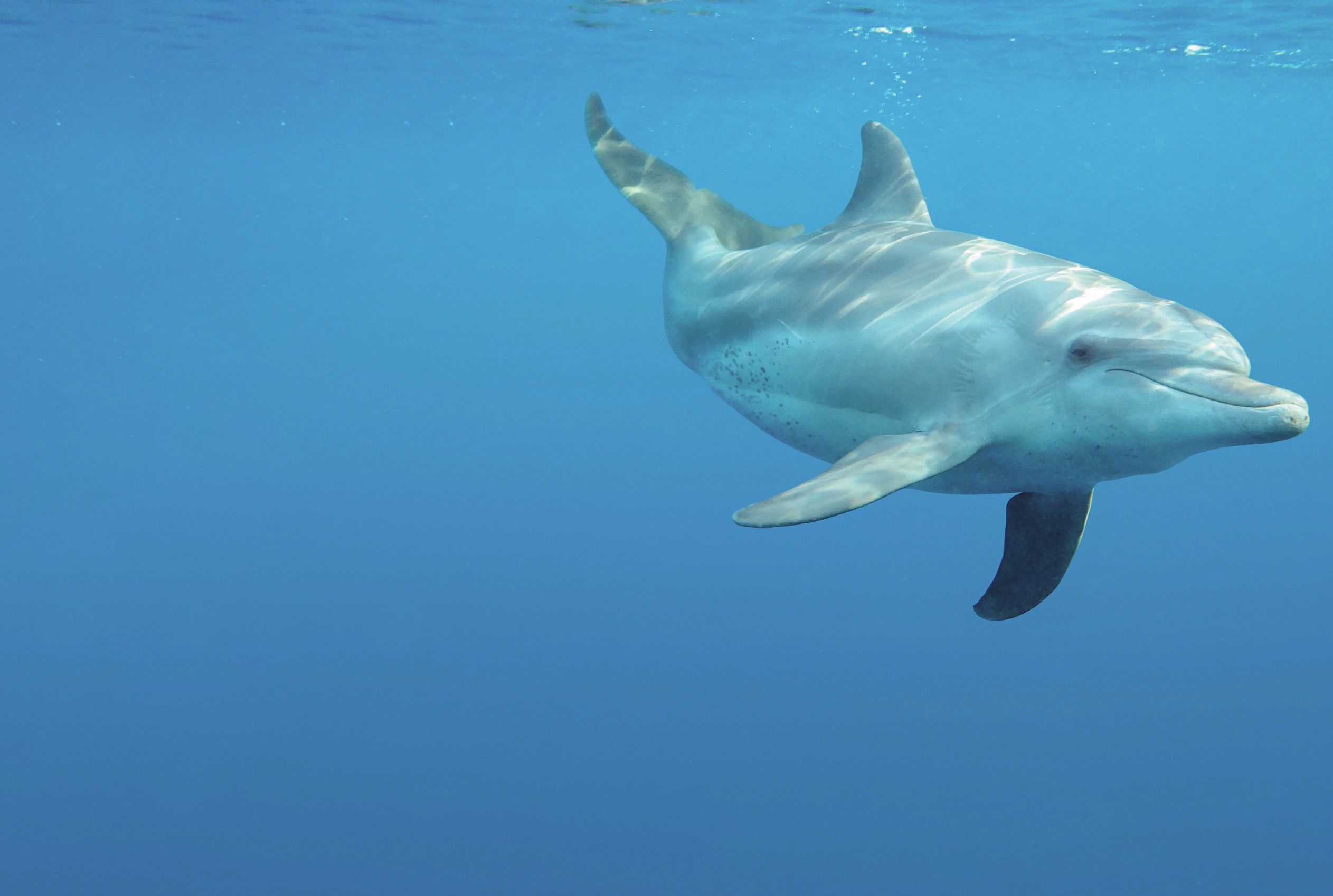
In November 2018, two hikers trekking in the remote backcountry of Stewart Island, New Zealand, stumbled upon a sight they will never forget. Stretched out in front of them along the sandy shore of Mason Bay were over 100 stranded pilot whales, many of which were still alive and thrashing around in the surf. With the pod trapped in such a remote location, there was little the hikers could do except notify the authorities and wait for help. It would have taken at least 1000 people to re-float the 145 pilot whales, so the decision was made to euthanise the pod and end their suffering.
Mass stranding events, like the example in New Zealand, occur all over the world and with surprising frequency. They typically occur in groups of toothed whales (Odontoceti), such as pilot whales or sperm whales, with a few thousand cetaceans beaching themselves each year. The cause of each event often remains unknown but can be a combination of age, sickness, injury, navigational errors and strong social bonds.
Your organisation does not have access to this article.
Sign up today to give your students the edge they need to achieve their best grades with subject expertise
Subscribe




